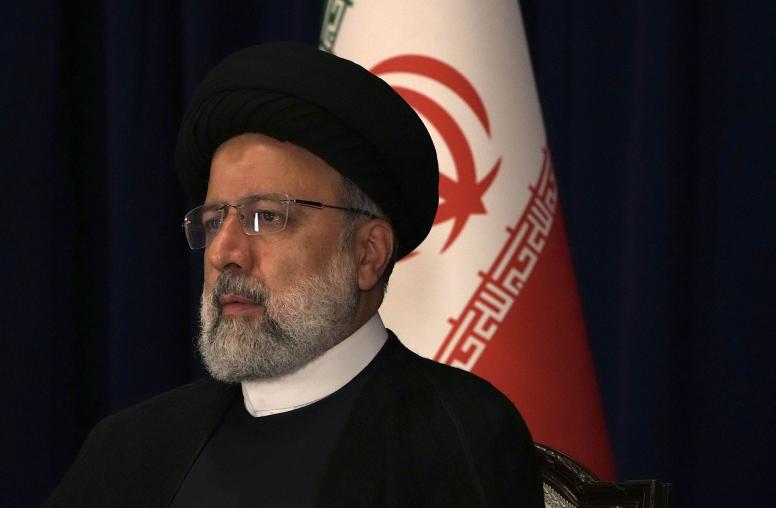Women Transforming Iran
A distinguished panel of experts discussed the current movements in Iran today, many of which are led by women, and also reflected upon the past three decades of the shifting status of women in Iran.
Over the last 30 years, the reform movement and the women's movement in Iran have become intertwined. Women play a key role in both. Some women have focused their reform efforts specifically on gender-related issues of legal rights and family planning, while others have worked side-by-side with reformers concerned with overarching issues of democracy and human rights. The distinguished panel of experts discussed the current movements in Iran today, many of which are led by women, and also reflected upon the past three decades of the shifting status of women in Iran.
Speakers
- Haleh Esfandiari
Director, Middle East Program at the Woodrow Wilson International Center for Scholars - Isobel Coleman
Senior Fellow for U.S. Foreign Policy, Council on Foreign Relations
U.S. Institute of Peace Grantee - Robin Wright
Journalist
U.S. Institute of Peace Senior Jennings Randolph Fellow - Tara Sonenshine, Welcome and Introductions
Executive Vice President, U.S. Institute of Peace - Kathleen Kuehnast, Moderator
Gender Adviser, U.S. Institute of Peace



